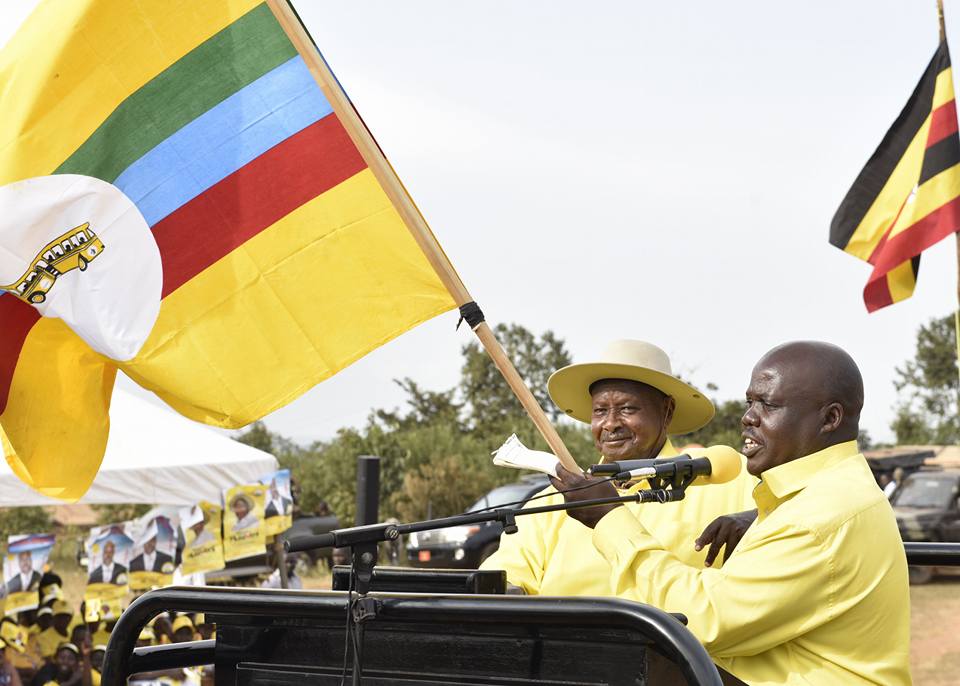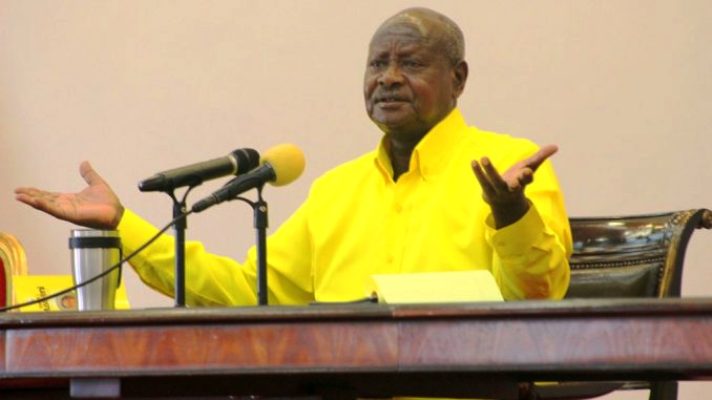Dr. Barirega Akankwasah (pictured), Ag Commissioner Wildlife Conservation at Ministry of Tourism, Wildlife and Antiquities has been elected Vice President of the Conference of Parties to the Convention on Migratory Species of wild animals (CMS).
As Vice President, Akankwasah will deputise the Minister of Environment, Forestry and Climate Change of India.
He will also chair the Committee of the whole for the Conference of Parties which clears all business for consideration by the plenary of the Conference. Uganda will hold the position for the next three years.
About CMS
CMS is an international agreement between governments that provides a global platform for the conservation and sustainable use of migratory animals and their habitats.
CMS brings together the States through which migratory animals pass, the Range States, and lays the legal foundation for internationally coordinated conservation measures throughout a migratory range.
CMS was adopted in 1979 and entered into force on 1 November 1983. CMS, also known as the Bonn Convention, recognizes that states must be the protectors of migratory species that live within or pass through their national jurisdictions and aims to conserve terrestrial, marine, and avian migratory species throughout their ranges.
Migratory species threatened with extinction are listed on Appendix I of the Convention. CMS Parties strive towards strictly protecting these animals, conserving or restoring the places where they live, mitigating obstacles to migration and controlling other factors that might endanger them. Besides establishing obligations for each State joining the Convention, CMS promotes concerted action among the Range States of many of these species.
Migratory species that need or would significantly benefit from international co-operation are listed in Appendix II of the Convention. For this reason, the Convention encourages the Range States to conclude global or regional agreements.
In this respect, CMS acts as a framework Convention. The agreements may range from legally binding treaties (called Agreements) to less formal instruments, such as Memoranda of Understanding, and can be adapted to the requirements of particular regions. The development of models tailored according to the conservation needs throughout the migratory range is a unique capacity to CMS.
CMS currently has 124 Parties and Uganda became a contracting Party on 1st August 2000.





